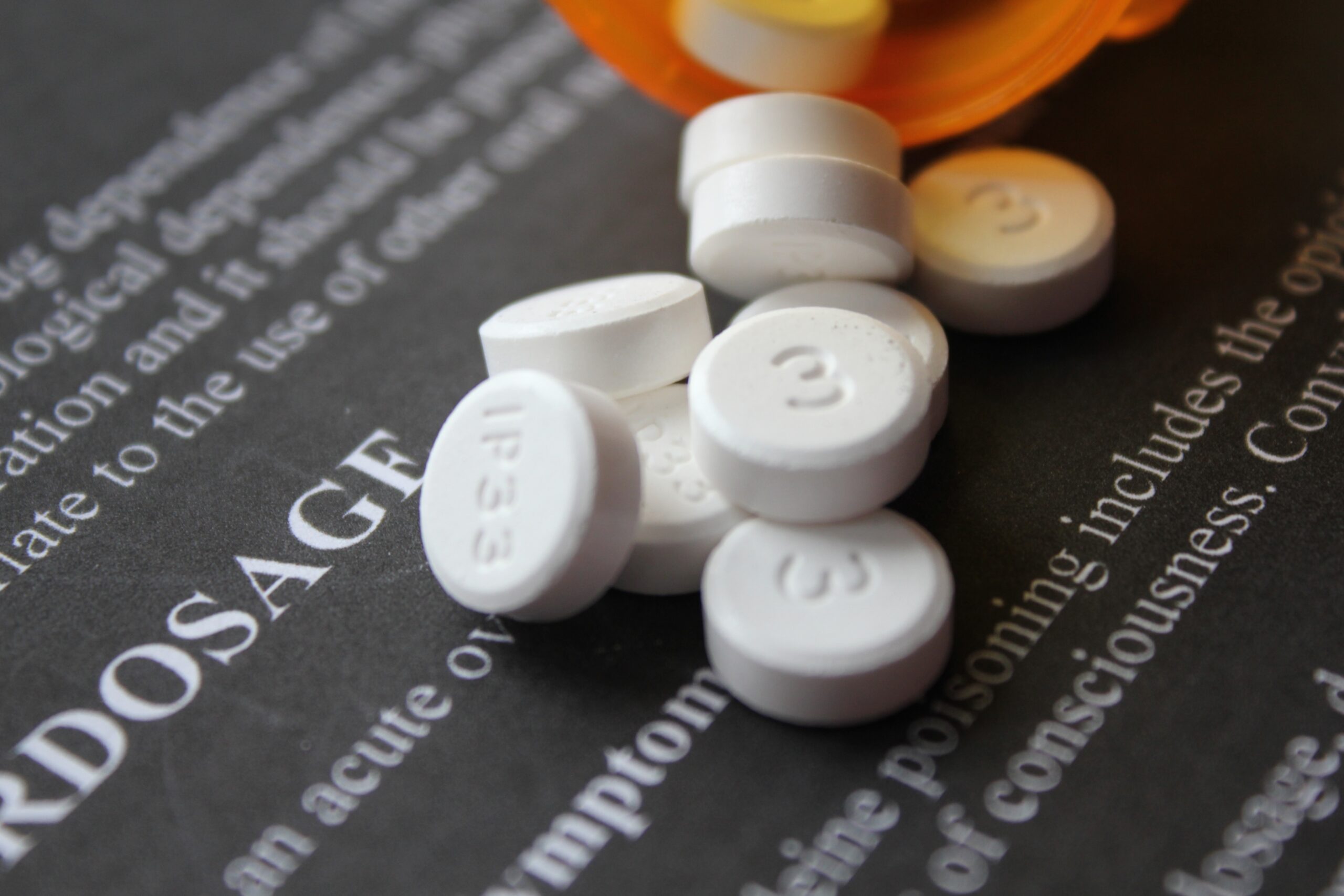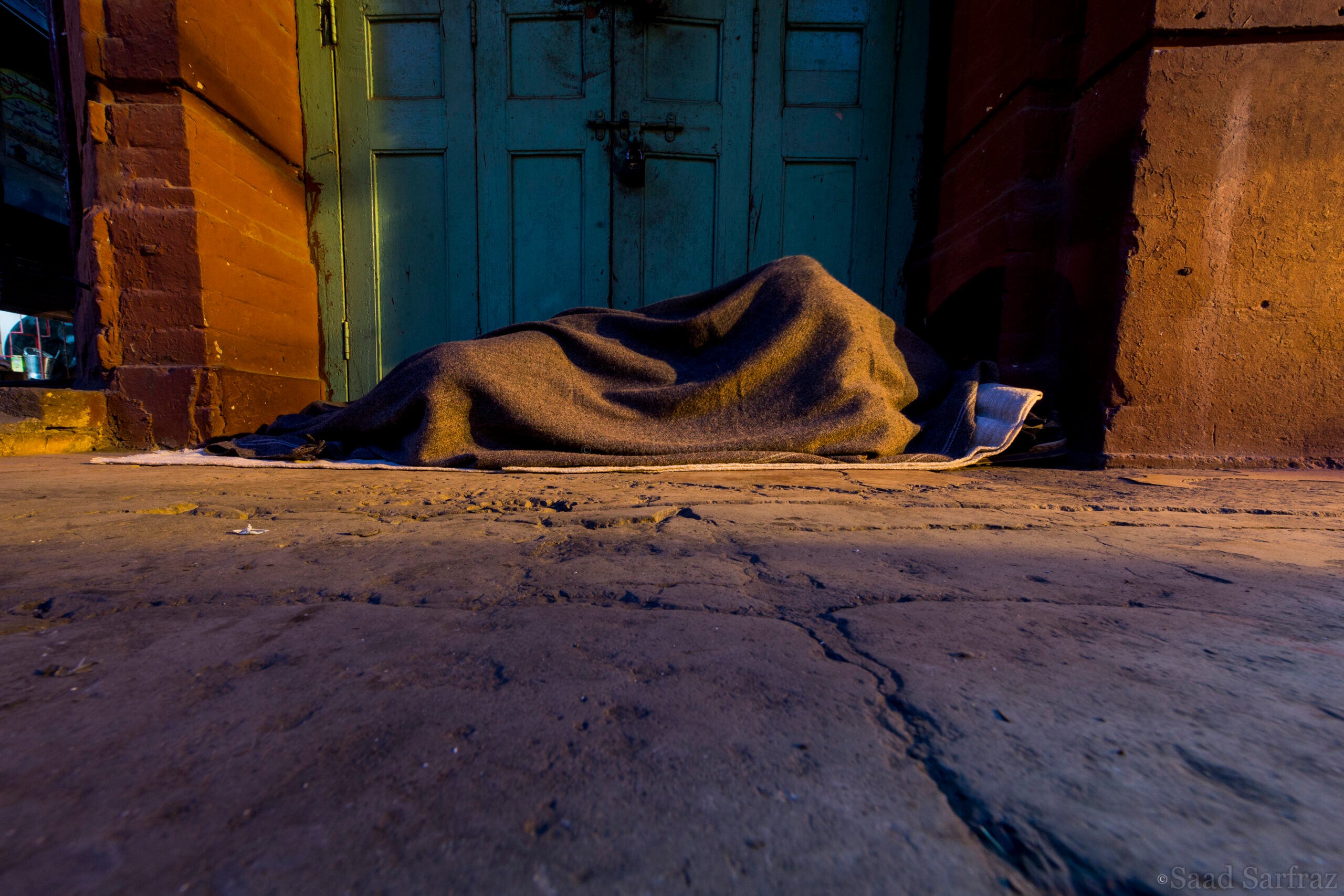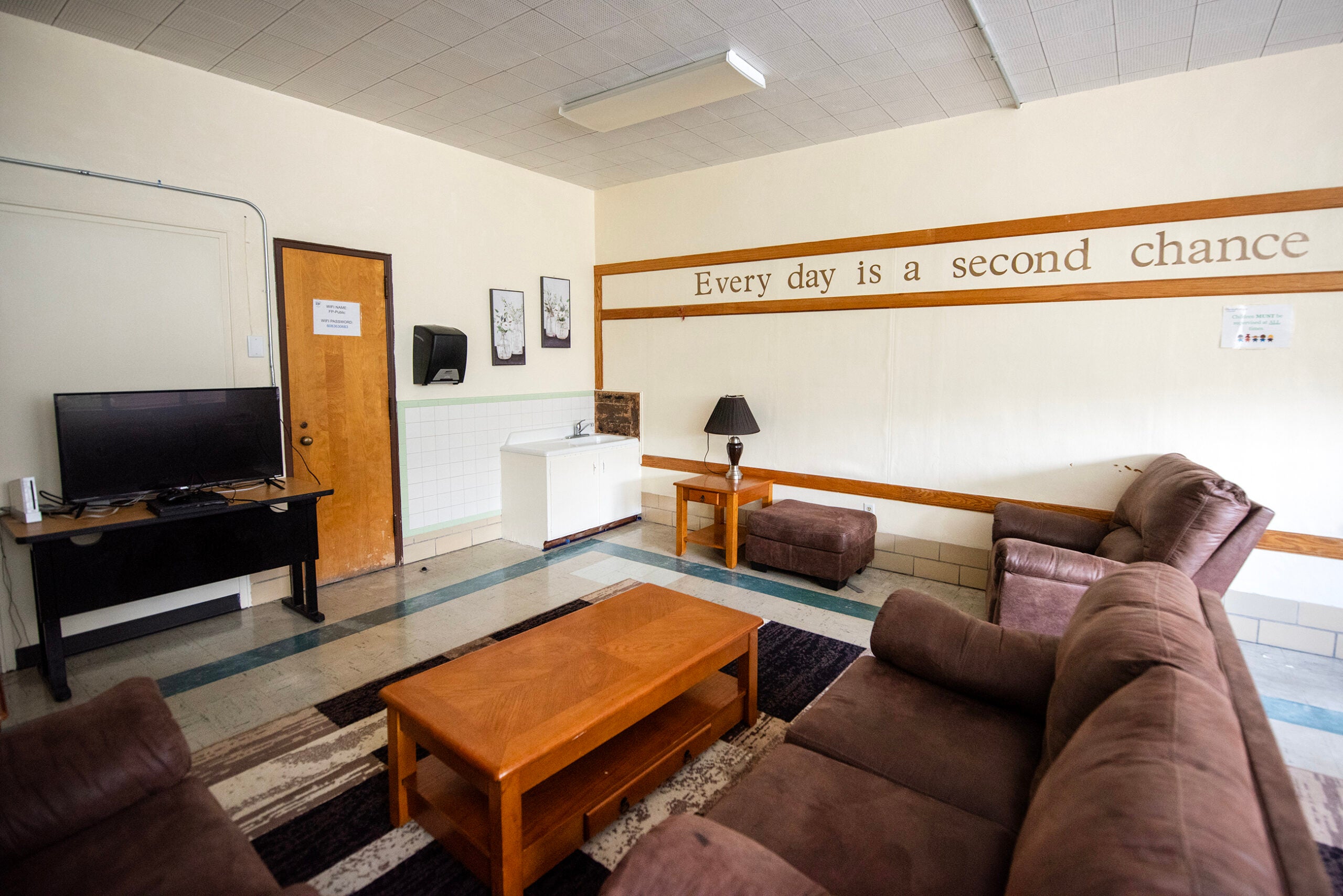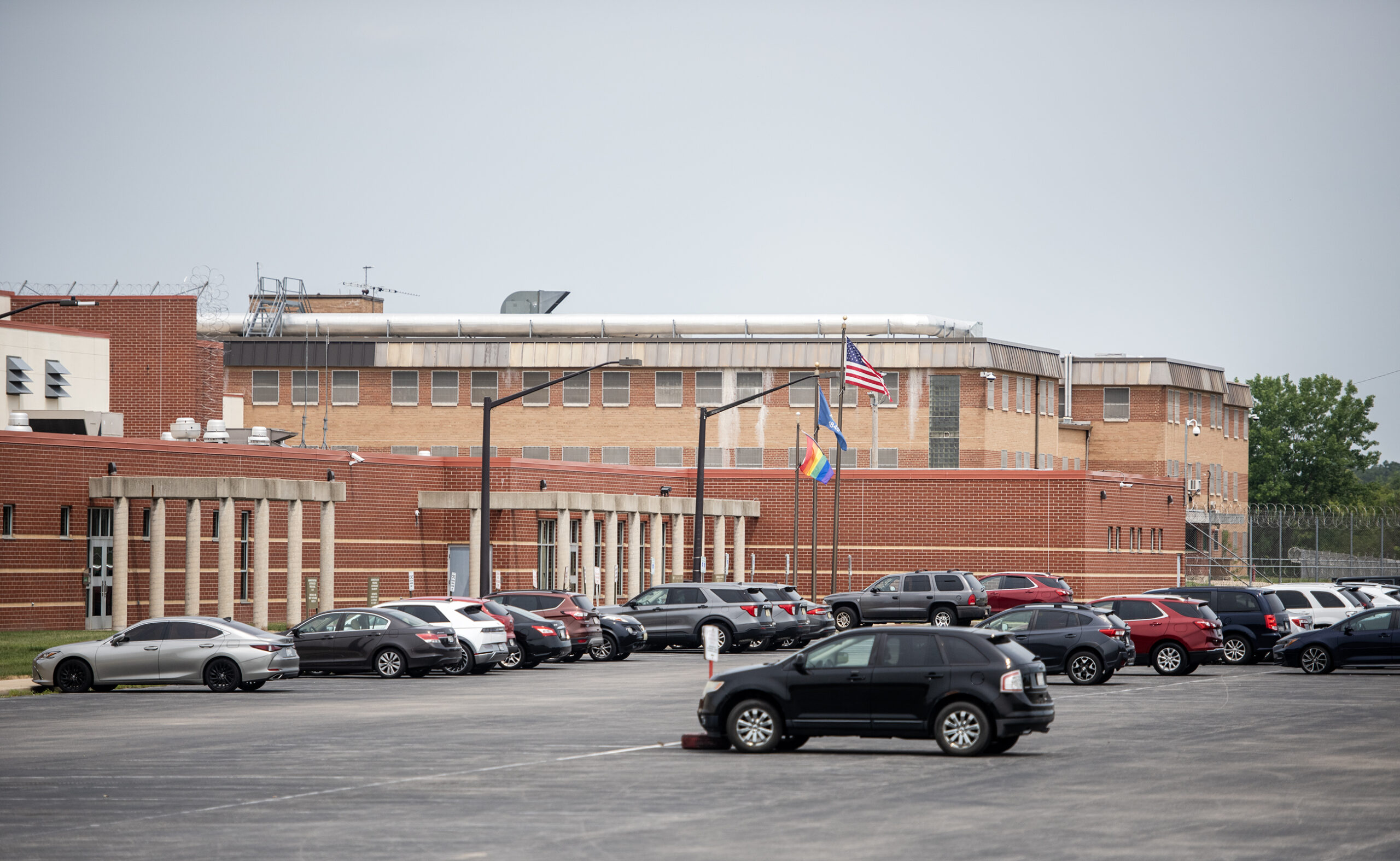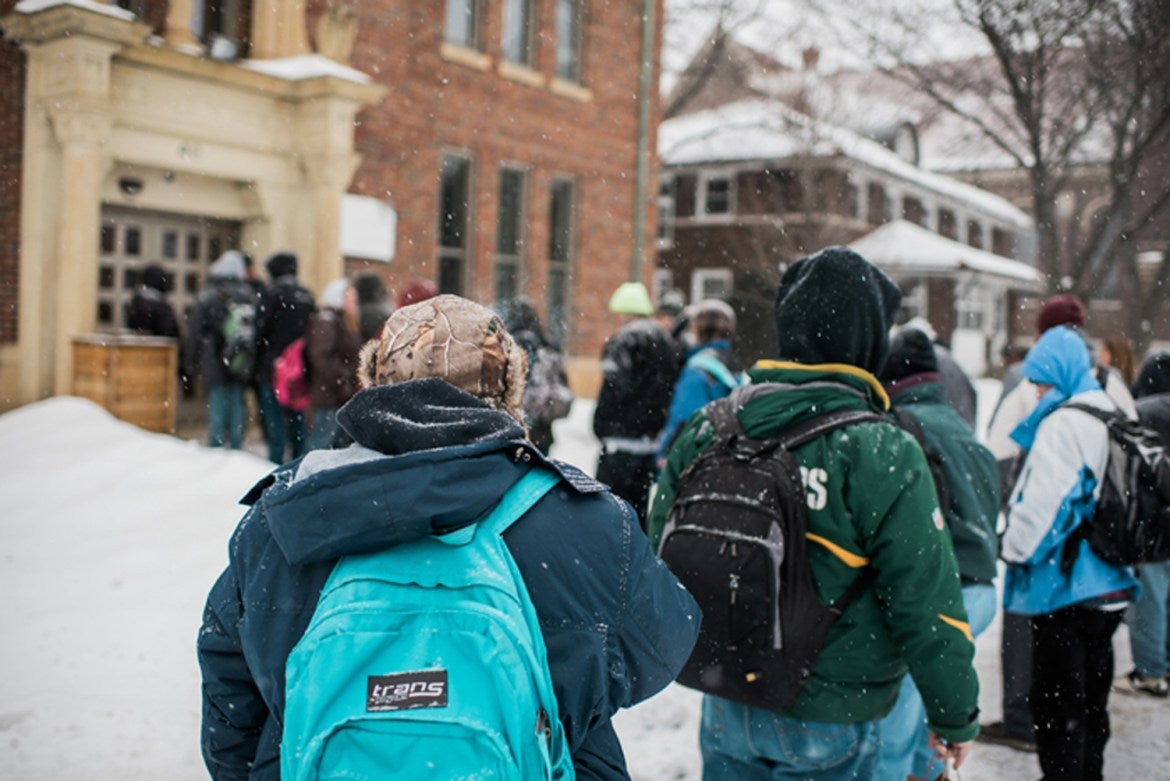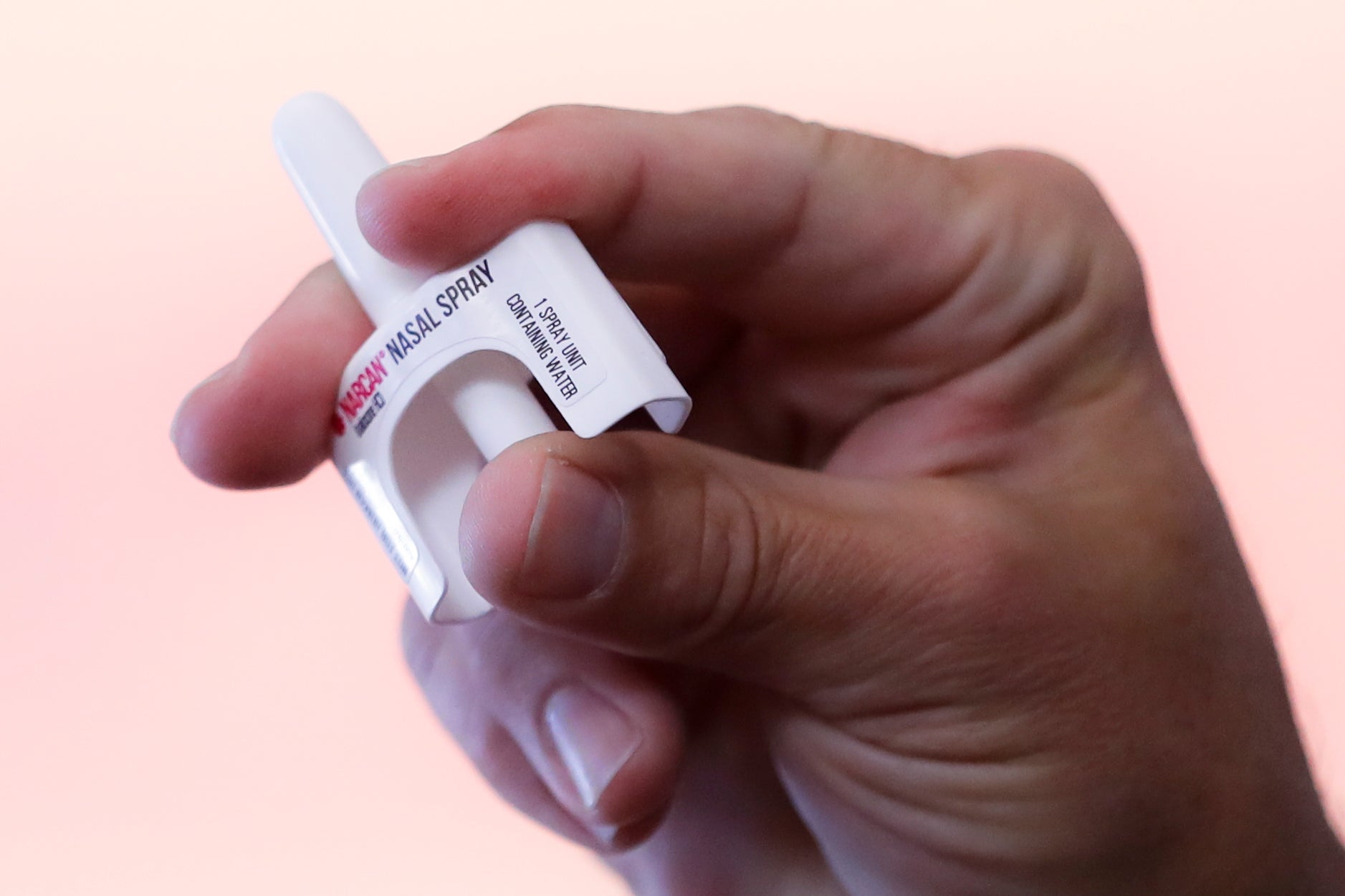People who are experiencing homelessness and were diagnosed with opioid use disorder have the potential for increased access to affordable, safe and stable housing through a new round of grants.
Seven agencies across the state were awarded more than $750,000 in grant funding through the Recovery Voucher Program — a partnership between the Wisconsin Department of Health Services and the Wisconsin Department of Administration that was created in 2022.
Through the program, organizations cover the monthly rent for people to live in recovery residences. To be eligible, people must be experiencing homelessness and also have an opioid use disorder diagnosis or have been receiving treatment within the past 12 months and who otherwise would struggle to find housing.
News with a little more humanity
WPR’s “Wisconsin Today” newsletter keeps you connected to the state you love without feeling overwhelmed. No paywall. No agenda. No corporate filter.
Lakeshore Community Action Program of Wisconsin, based in Manitowoc, received the grant for the second year. Colleen Homb, the executive director, said last year the community action agency she oversees helped 25 people pay rent at recovery residences for a collective 137 months. She anticipates reaching similar numbers in the upcoming year by using a housing first philosophy.
“People cannot find success unless they have a warm, safe place to lay their head every night, because you’re spending your time and your energy surviving if you don’t otherwise have a consistent, stable place to stay, that’s also safe,” Homb said.
The grant money can be used to pay the rent of people living in one of the 134 DHS recognized recovery residences. Grant recipients said costs range from $350 to $750 per bed per month. Grant money can also cover limited client transportation, case management and administrative costs. New this year, the program will be open to families as well as individuals.
DHS defines financial stability, which includes safe and stable housing, as one of the five social determinants of health. Paul Krupski, director of opioid initiatives at DHS, said there needs to be an increased focus on housing.
“For a substantial period of time, they don’t have to worry about where they’re going to go home to at night,” Krupski said. “They’re not going to have to worry about if they have a warm bed, if they have a roof over their (head).”
There is an outstanding demand for housing and funding
The Hebron House of Hospitality in Waukesha County received a grant for the second year in a row. They pay monthly rental fees for between 15 and 17 people at recovery residences at a time.
Kathleen Fisher, executive director of Hebron House, said more people in their shelter could benefit from the program. They regularly have a waitlist of more than 20 people looking to be placed into recovery residences.
“There’s such a demand for that housing piece for people that are actually looking to address their addiction,” Fisher said. “When you find somebody right in that moment, you want to be able to serve them. Unfortunately, we can’t.”
Wisconsin’s opioid overdose deaths rose again in 2022, hitting a new record high at 1,461 lives lost. Numbers for 2023 have yet to be announced.
“Our hope is that with programs like this for individuals who are in recovery, they’re staying in a safe and stable place, they continue to not use, and by doing so, obviously, we’re then preventing additional deaths in the state of Wisconsin due to overdoses,” Krupski said.
There are more recovery residences than are on the DHS Recovery Residence registry. DHS and DOA are encouraging more places to register to better serve the population, especially in rural areas. But Krupski said even if all recovery residences in the state were on the list, there would not be enough to meet the need.
Catalyst for Change in Dane County, Community Advocates in Milwaukee, The Hebron House of Hospitality in Waukesha, Lakeshore Community Action Program of Wisconsin in Manitowoc, NEWCAP in Brown County and the Salvation Army Graceplace in St. Croix County received $125,000 each. The Institute for Community Alliances, Wisconsin received $9,800.
The recovery voucher program is funded by a portion of Wisconsin’s McKinsey & Company opioid settlement. The funding will expire by the end of the year. DHS and DOA are looking for other funding options to keep the program going.
Homb recently heard an update on one of the men they were able to support through last year’s grant. The director at the recovery residence gave a glowing report. The man has a job, found his joy for cooking and acts as a father figure to new people starting out in the home.
“Not being able to pay for that bed would’ve made it near impossible for him to get into there and to find the success that he has found,” Homb said.
To be connected with resources for dealing with addiction, call 2-1-1 or visit 211wisconsin.communityos.org
Wisconsin Public Radio, © Copyright 2026, Board of Regents of the University of Wisconsin System and Wisconsin Educational Communications Board.
